Health insurance is not only essential for safeguarding your well-being, but it also offers tax-saving opportunities under Section 80D of the Income Tax Act. This section allows individuals to claim deductions on the premiums paid for health insurance policies, helping you reduce your taxable income while securing financial protection against medical expenses.
In this blog, we will explore the details of Section 80D, its tax-saving benefits, the maximum deductions allowed, and who is eligible to claim these deductions. Whether you are a salaried employee or self-employed, this guide will help you maximize your tax benefits through health insurance premiums.
What is Section 80D of the Income Tax Act?
Section 80D of the Income Tax Act provides tax deductions on premiums paid for health insurance policies for yourself, your spouse, dependent children, and parents. This deduction is available to both individuals and Hindu Undivided Families (HUFs).
The deduction covers the following:
- Premiums paid for health insurance policies
- Preventive health check-up costs
- Contributions made to the Central Government Health Scheme (CGHS)
Deductions Under Section 80D
The deductions under Section 80D are available based on the type of health insurance policy and the individuals covered. Here’s a breakdown of the deductions you can claim:
1. Self, Spouse, and Dependent Children
You can claim a deduction of up to ₹25,000 per financial year for the health insurance premiums paid for yourself, your spouse, and your dependent children.
2. Parents
- If your parents are below 60 years of age, you can claim an additional deduction of ₹25,000 for their health insurance premiums.
- If your parents are senior citizens (aged 60 years or above), you can claim a higher deduction of up to ₹50,000 for their health insurance premiums.
3. Preventive Health Check-up
Under Section 80D, you can claim up to ₹5,000 for preventive health check-ups. This amount is included within the overall deduction limit of ₹25,000 or ₹50,000.
Maximum Deduction Limits under Section 80D
Here’s a summary of the maximum deductions you can claim under Section 80D:
| Category | Deduction Limit |
|---|---|
| Self, spouse, dependent children | ₹25,000 |
| Parents (below 60 years) | ₹25,000 |
| Parents (above 60 years) | ₹50,000 |
| Preventive health check-up (within limit) | ₹5,000 |
| Total Deduction (if parents are senior citizens) | ₹75,000 |
| Total Deduction (if self and parents are senior citizens) | ₹1,00,000 |
If both you and your parents are senior citizens, you can claim up to ₹1 lakh in total deductions.
Who is Eligible to Claim Deductions under Section 80D?
The following individuals are eligible to claim deductions under Section 80D:
- Individuals: Salaried employees or self-employed individuals who pay health insurance premiums for themselves, their spouse, children, or parents.
- Hindu Undivided Families (HUFs): HUFs can also claim deductions on health insurance premiums paid for any member of the HUF.
Conditions to Avail Section 80D Deductions
- Mode of Payment: To claim the deduction, the premium must be paid using non-cash modes such as cheque, bank draft, credit/debit cards, or net banking. However, the payment for preventive health check-ups can be made in cash.
- Health Insurance Provider: The policy must be issued by a recognized insurance provider registered under the Insurance Regulatory and Development Authority of India (IRDAI).
Benefits of Section 80D: Why You Should Opt for Health Insurance
- Tax Savings: The most significant benefit is the ability to save tax on the premiums paid for health insurance. Section 80D provides substantial tax relief, particularly for families with senior citizens.
- Health Security: Health insurance policies offer financial protection against unexpected medical expenses, helping you manage the costs of hospitalization, surgeries, and treatments without burdening your finances.
- Coverage for Preventive Health Check-ups: The inclusion of preventive health check-ups as part of the tax deduction under Section 80D encourages individuals to prioritize their health and well-being.
- Extended Coverage for Senior Citizens: The higher deduction limits for senior citizens make Section 80D especially beneficial for families with elderly members who may face higher healthcare costs.
Historical Data: Tax Deduction Limits Under Section 80D Over the Years
| Financial Year | Deduction for Self/Family (₹) | Deduction for Senior Citizen Parents (₹) |
|---|---|---|
| 2023-24 | ₹25,000 | ₹50,000 |
| 2020-21 | ₹25,000 | ₹50,000 |
| 2018-19 | ₹25,000 | ₹50,000 |
| 2015-16 | ₹25,000 | ₹30,000 |
| 2012-13 | ₹15,000 | ₹20,000 |
The deduction limits for senior citizens have been increased over the years to provide greater tax benefits, acknowledging the higher healthcare costs for elderly individuals.
Example: How to Maximize Tax Benefits Under Section 80D
Let’s look at an example to understand how an individual can maximize tax benefits under Section 80D.
Scenario:
Mr. A is 45 years old and pays the following health insurance premiums:
- ₹20,000 for his own and spouse’s health insurance.
- ₹50,000 for his senior citizen parents’ health insurance.
Additionally, he spends ₹4,000 on preventive health check-ups for himself.
Total Deduction Calculation:
- Self and Spouse’s Health Insurance Premium: ₹20,000 (within the ₹25,000 limit)
- Parents’ Health Insurance Premium: ₹50,000 (within the ₹50,000 limit for senior citizens)
- Preventive Health Check-up: ₹4,000 (included within the overall ₹25,000 limit for self)
Thus, Mr. A can claim a total deduction of ₹74,000 under Section 80D.
How to Claim Deductions Under Section 80D
Claiming deductions under Section 80D is simple and straightforward. Follow these steps when filing your income tax return:
- Select the Correct ITR Form: Ensure you are using the correct Income Tax Return (ITR) form, depending on your income source (e.g., ITR-1 for salaried individuals, ITR-4 for professionals).
- Fill in the Health Insurance Details: In the deductions section, provide the details of the health insurance premiums paid, the insurer’s name, and the amount paid for each family member (self, spouse, children, parents).
- Retain Receipts and Policy Documents: Although you are not required to submit documents during e-filing, it’s important to retain the receipts and policy documents for future reference or scrutiny by the Income Tax Department.
FAQs on Section 80D
1. Can I claim the deduction if I pay the premium for my brother’s health insurance?
No, the deduction is only available for health insurance premiums paid for yourself, your spouse, dependent children, and parents.
2. Are preventive health check-ups covered under Section 80D?
Yes, you can claim up to ₹5,000 for preventive health check-ups, within the overall deduction limit.
3. What happens if I pay the premium for my parent’s health insurance in cash?
Premiums must be paid using non-cash methods (cheque, credit card, etc.) to claim the deduction under Section 80D. However, preventive health check-ups can be paid in cash.
Conclusion
Section 80D of the Income Tax Act offers valuable tax deductions for individuals and families who invest in health insurance policies. By taking advantage of these deductions, you can not only reduce your taxable income but also secure your financial future against rising healthcare costs. Whether you are a salaried employee or self-employed, investing in health insurance under Section 80D is a wise decision for both your health and your wealth.
To maximize your tax benefits, ensure that you plan your health insurance investments carefully and keep track of the premium payments made for yourself and your family members.
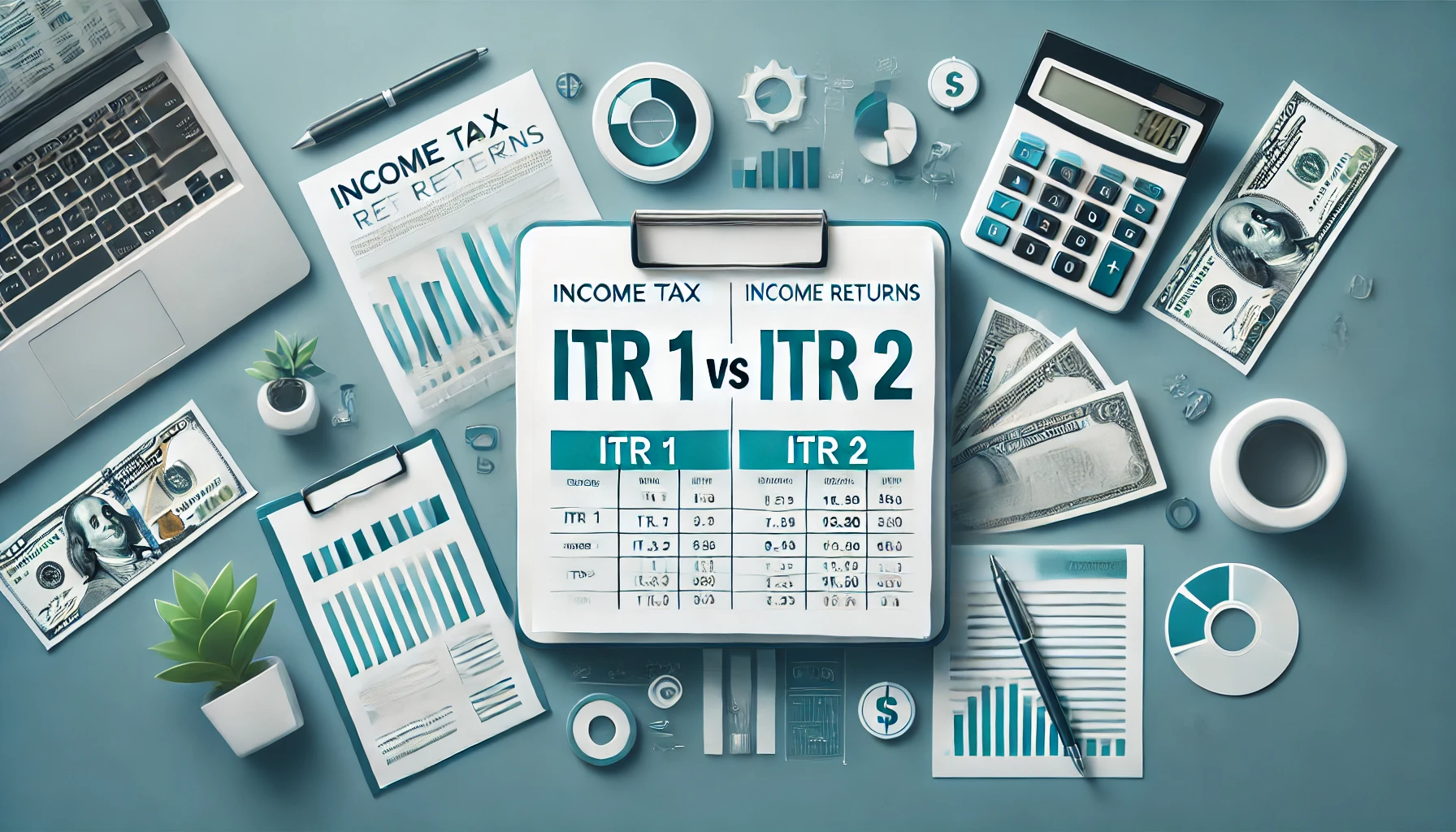
ITR 1 vs ITR 2
Filing your Income Tax Return (ITR) accurately is crucial for every taxpayer in India, and …

What Is Tax Loss Harvesting?
Tax loss harvesting is a strategy that allows investors to reduce their taxable capital gains …
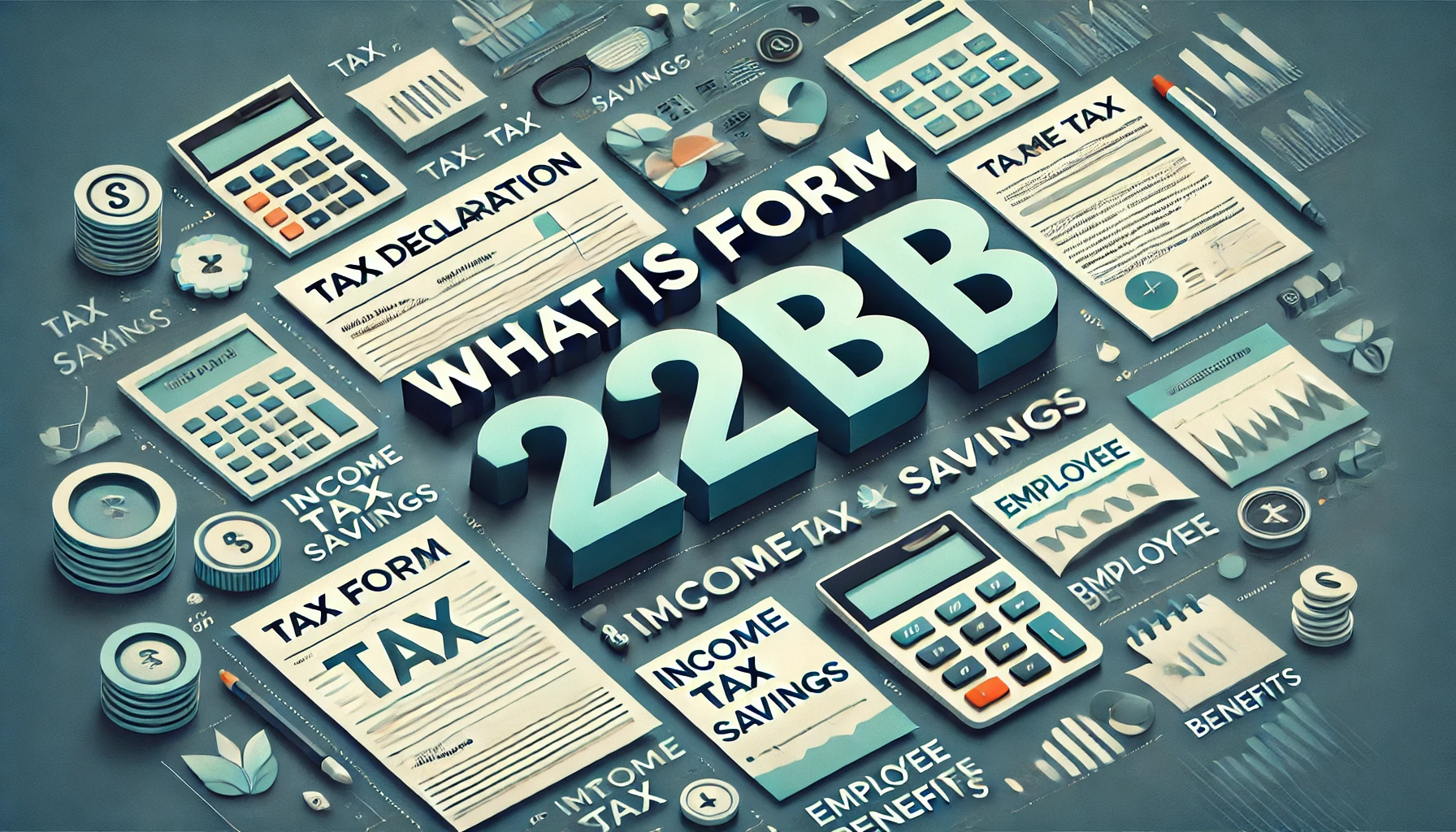
What Is Form 12BB?
Form 12BB is a vital document in the Indian taxation system that employees need to …

Short-Term Vs Long-Term Capital Loss
Investing in various assets like stocks, real estate, or mutual funds can lead to capital …
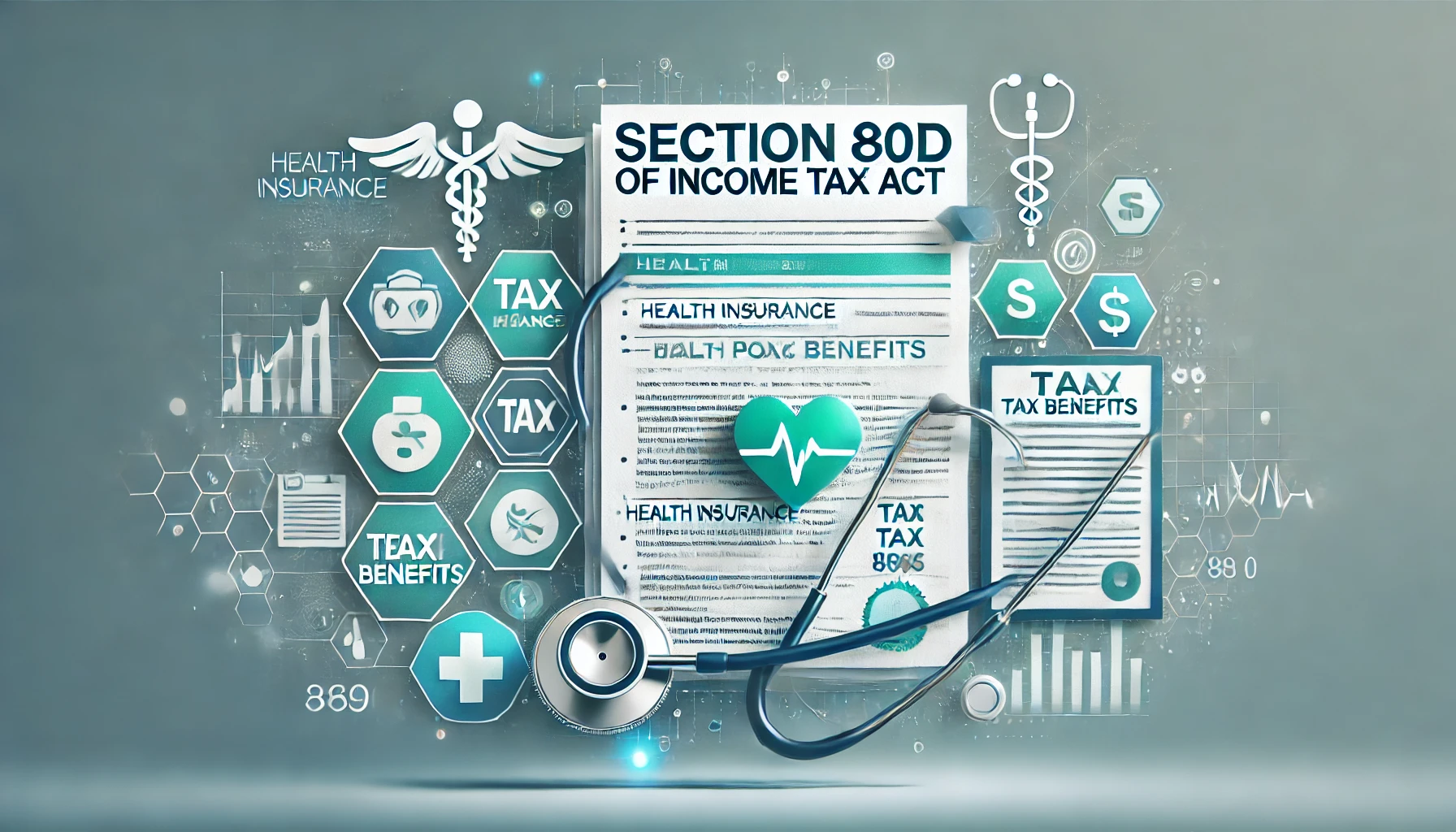
Section 80D of Income Tax Act
Health insurance is not only essential for safeguarding your well-being, but it also offers tax-saving …

Senior Citizen Saving Scheme
The Senior Citizen Saving Scheme (SCSS) is a government-backed savings scheme specifically designed to provide …
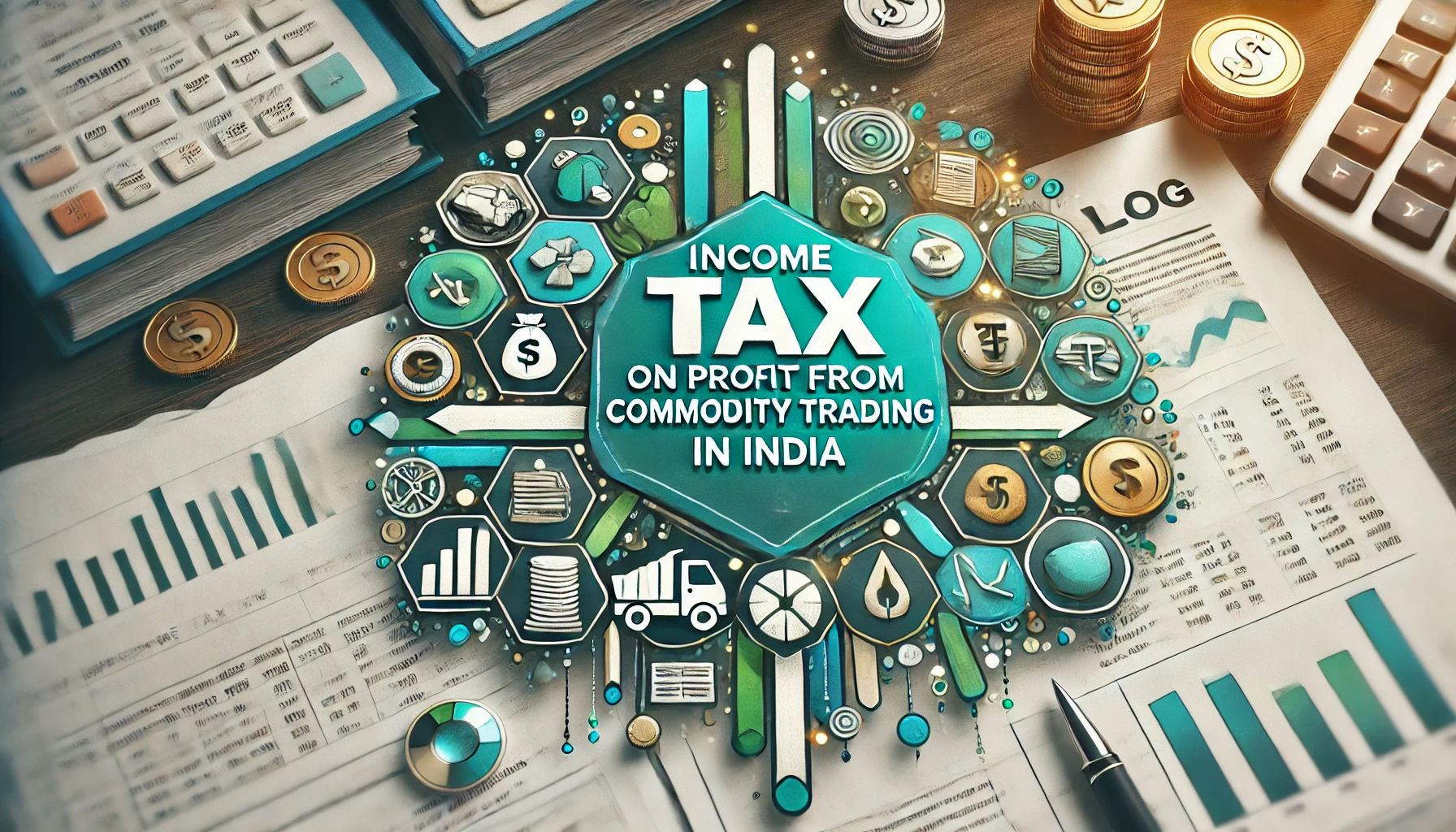
Income Tax on Profit from Commodity Trading in India
Commodity trading has become a significant part of financial markets in India, providing investors with …
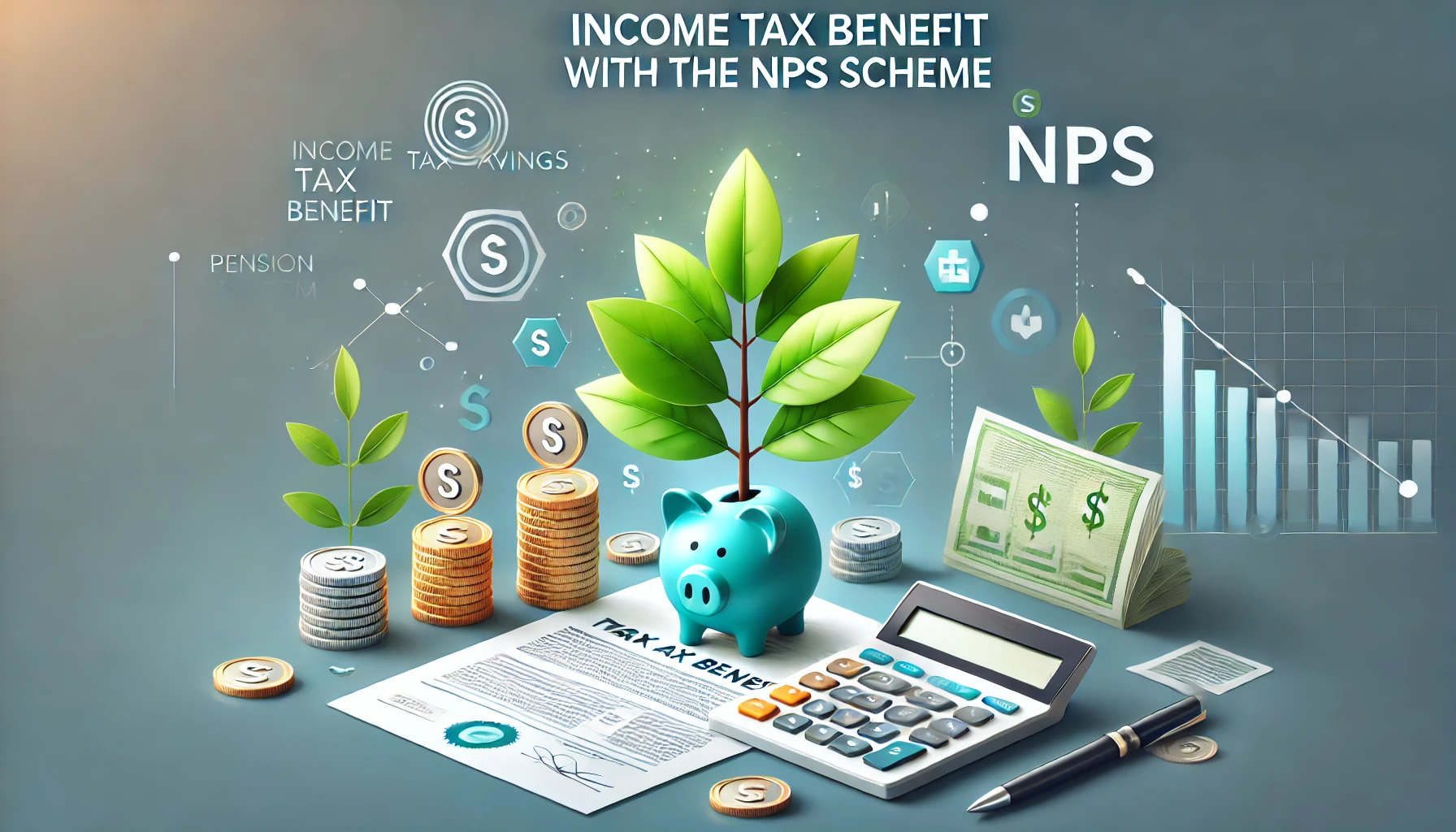
Income Tax Benefit with the NPS Scheme
The National Pension System (NPS) is a government-sponsored retirement savings scheme in India designed to …
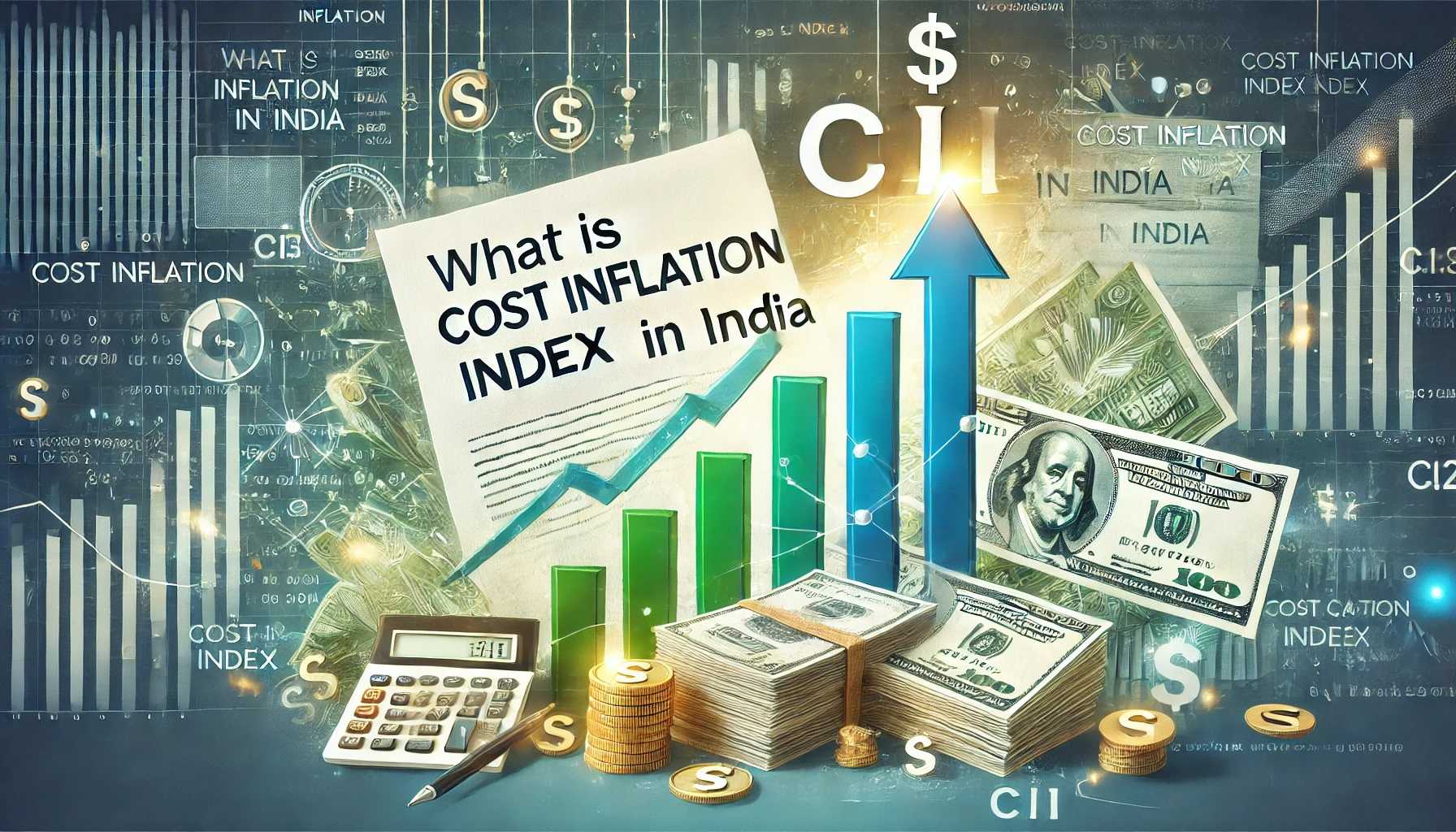
What Is Cost Inflation Index (CII) In India?
The Cost Inflation Index (CII) is a crucial concept in Indian taxation, particularly when calculating …

Understanding How Income Tax is Levied on Stock Market Transactions
The Indian stock market has become an increasingly popular avenue for individuals looking to grow …

Investment Options under NPS
The National Pension System (NPS) is a government-sponsored retirement savings scheme that allows individuals to …

How to Start Contributing to Your PPF Account?
The Public Provident Fund (PPF) is a government-backed savings scheme in India that offers tax …
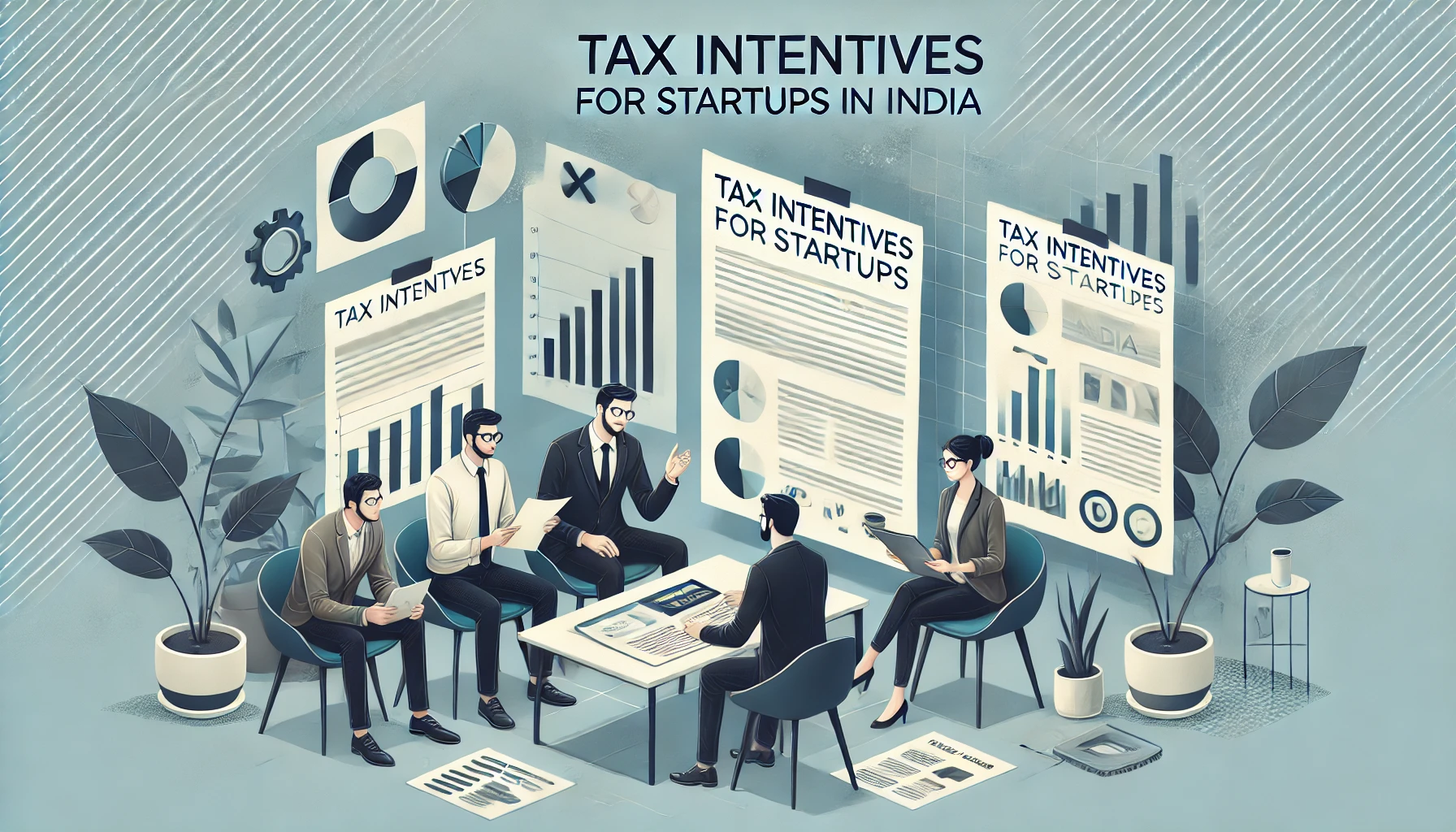
Tax incentives for startups in India
The Indian startup ecosystem is one of the fastest-growing in the world, attracting both domestic …
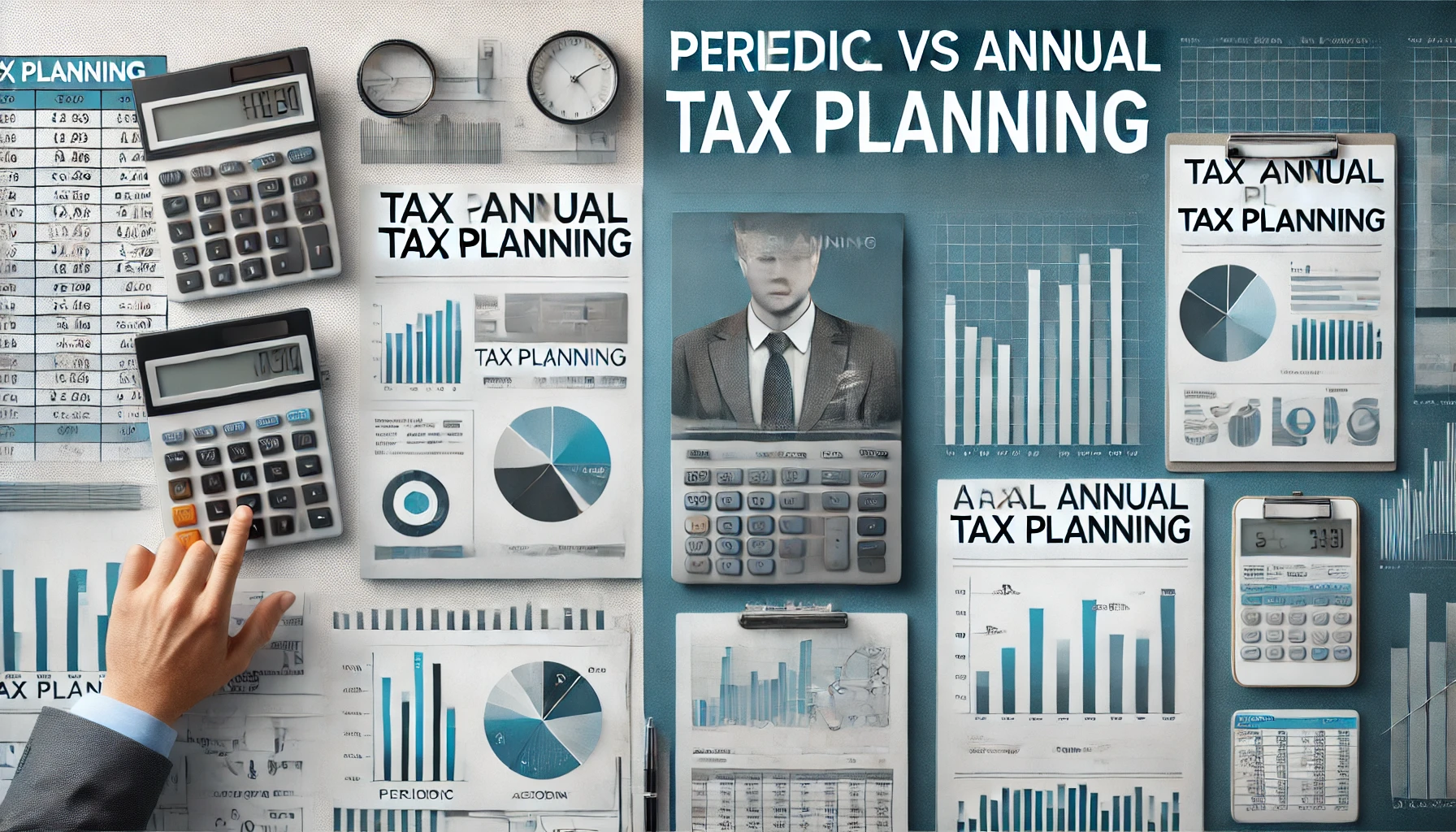
Periodic vs Annual Tax Planning
Tax planning is an integral part of financial management that every taxpayer should consider. Whether …

How to Do Tax Planning for a Higher Salary?
Tax planning is crucial for individuals with higher salaries in India. As income increases, so …
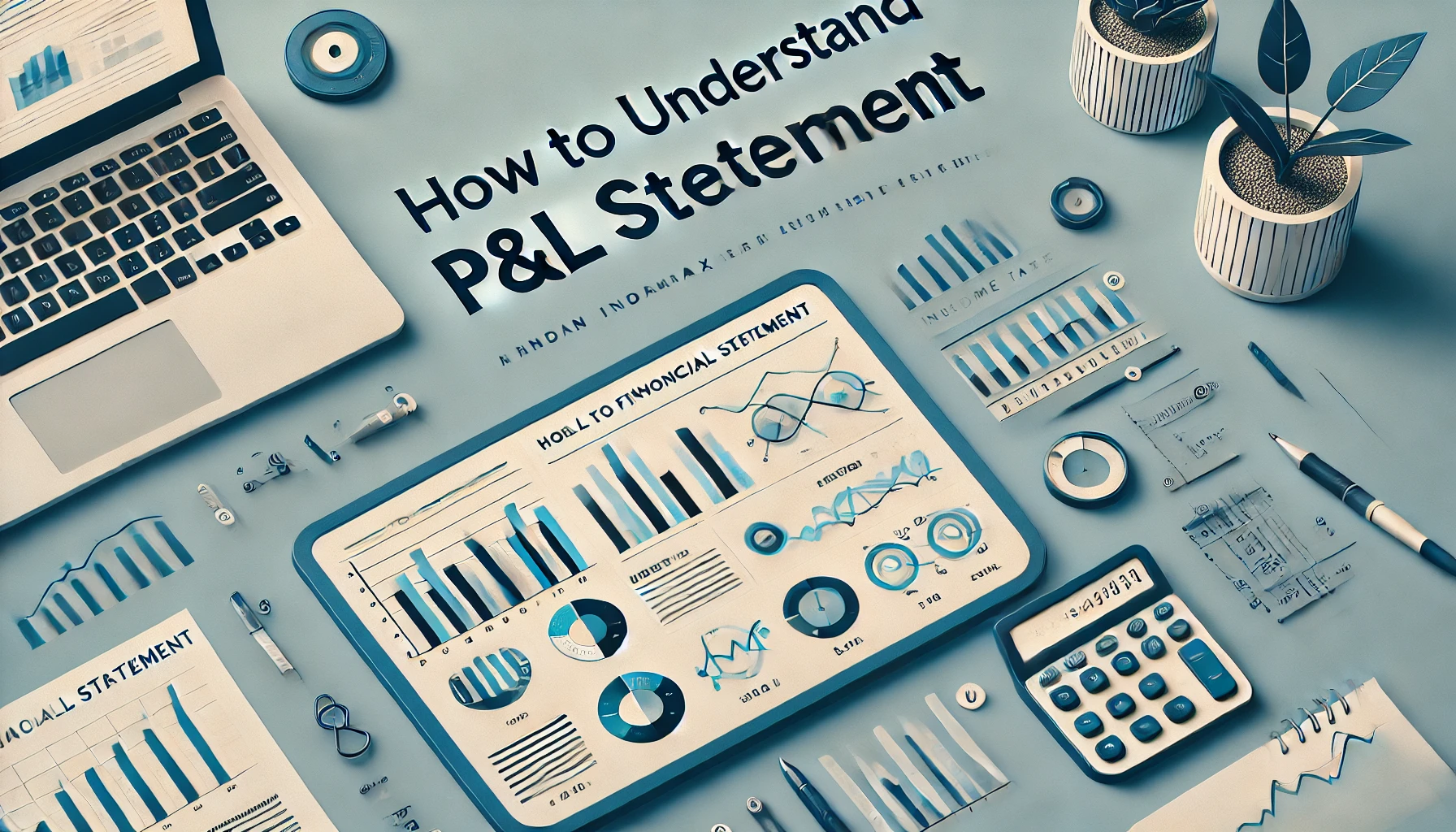
How to Understand P&L Statement
A Profit and Loss (P&L) statement, also referred to as an income statement, is one …

What is the Kakeibo Method?
Managing personal finances can be challenging, especially in today’s fast-paced world, where expenses quickly pile …

What is Angel Tax?
In India, the startup ecosystem has seen tremendous growth over the past decade. Entrepreneurs and …
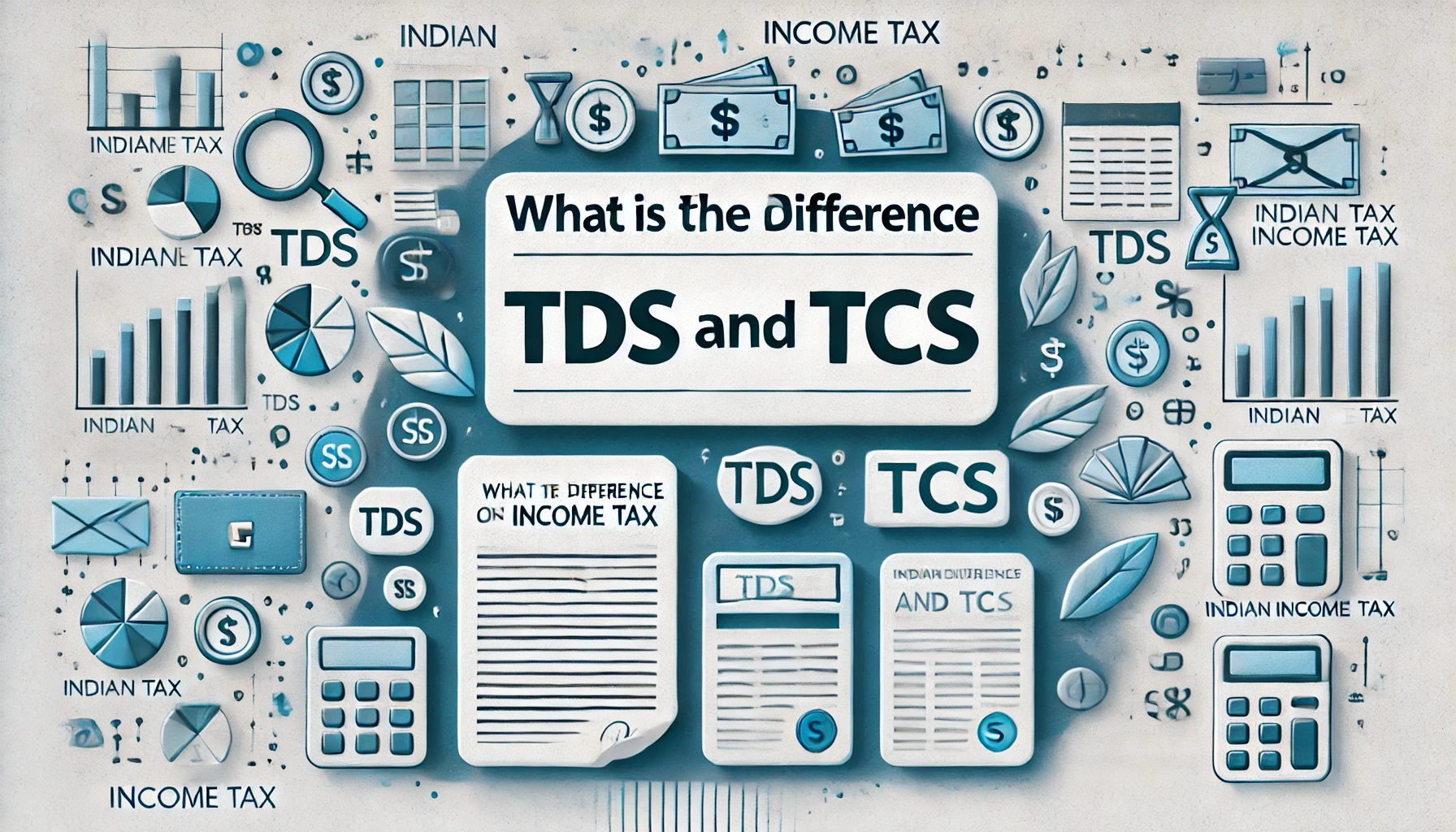
Difference Between TDS and TCS
In India, tax collection plays a critical role in the functioning of the government. To …


















